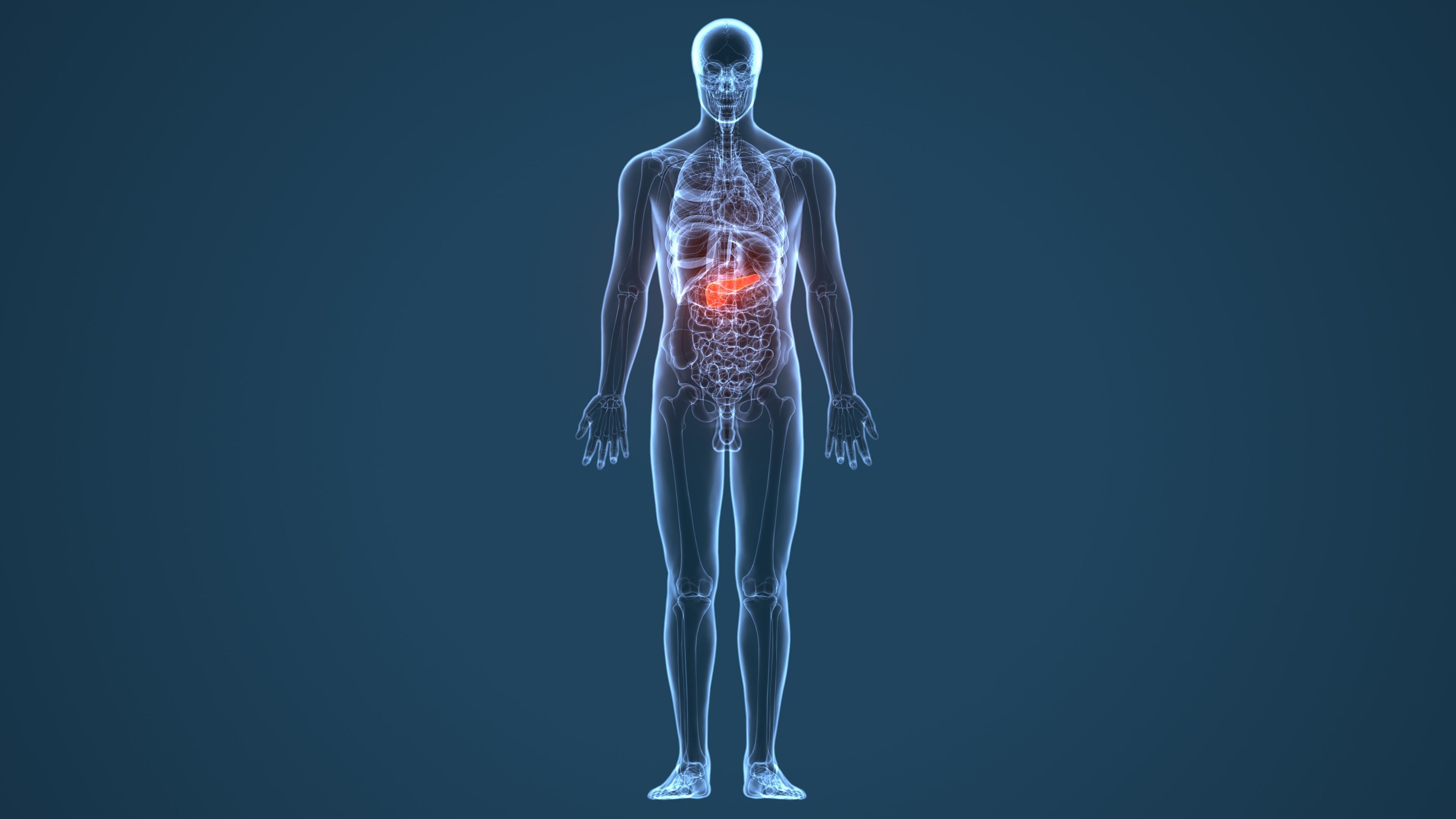Avoiding Gallstones Might Be Easier Than You Think

Q: I hear about lots of people getting gallstones and that they hurt! What exactly are they, and what can I do to prevent them? If I do get them, can I get rid of themor at least limit gallstone attacks?
A: You’re right. Gallstones are a common problem. About one in ten Americans has them, and 500,000 Americans have their gallbladders removed every year. They occur more frequently in women than men and are more common as we age.
Gallstones are crystals that form in the gallbladder, a small pouch under the liver that’s about the size of an uninflated balloon. The No. 1 ingredient in a typical gallstone is cholesterol that comes from bile, an inky secretion released into the small intestine by the gallbladder to help you digest fats. A buildup of cholesterol in this bile causes stones to form in the gallbladder.
So the first step in preventing gallstones is to tackle cholesterol. A vegetarian diet is ideal because it reduces the amount of cholesterol in bile. This isn’t just because vegetarian diets tend to be lower in fat and cholesterol than the typical American diet.
It’s also because all of that healthy fiber in beans, grains and vegetables actually removes cholesterol. In the digestive tract, fiber absorbs bile secretions and the cholesterol they contain and carries them away. Now, most Americans don’t have nearly enough fiber in their diets, so cholesterol has nothing to adhere to in the intestinal tract. It recycles back into the bloodstream and back into bile.
Denis Burkitt, MD, the physician who established the value of fiber back in the 1970s, reported that in 20 years as a surgeon in rural Africa, he had to remove only one gallbladder. The Africans’ plant-based, high-fiber diet prevented gallstones by keeping cholesterol in check.
Then in the mid-1980s, researchers found that, compared to meat eaters, vegetarian women were only about onefourth as likely to need gallbladder surgery.
Later studies showed much the same pattern. To reduce your risk even further, try to avoid weight gain, weight swings and extreme low-calorie diets. All tend to increase gallstone risk for reasons that no one has ever entirely worked out.
Here’s another possible preventive step: Have a cup of java. Two Harvard studiesone in men in 1999 and the other in women in 2002found that having one to four cups of coffee (not decaf ) cut the risk of gallstones by 1040 percent. It may be too soon to recommend lining up for latte, though, because other studies couldn’t confirm coffee’s benefits. (Some even found an increased risk in those who drink very large amounts of coffeearound five or more cups daily.)
Bottom line: Moderate amounts of coffee may help, but coffee will never have the gallstone-preventing power of a low-fat, high-fiber diet.
If your doctor discovers a gallstone incidentallysay, during an abdominal X-ray or other examjust leave it alone. Most stones cause no symptoms at all. If, however, a stone causes pain (usually a dull ache in the upper right abdomen) or shows signs of blocking the bile ducts, your physician will recommend laparoscopic surgery to remove your gallbladder, since stones rarely pass on their own. You can get along without a gallbladder because it’s only a way station for bile. After surgery, the liver will still send bile into your digestive tract to help you digest fats.
By all means, a plant-based diet can help you keep gallstones in check. Especially in this season of culinary excess, try to step back from the rich, heavy foods that surround you. And be sure to be guided by your doctor’s advice. While most gallstones aren’t dangerous, if they start to cause problems, surgery is the right choice.